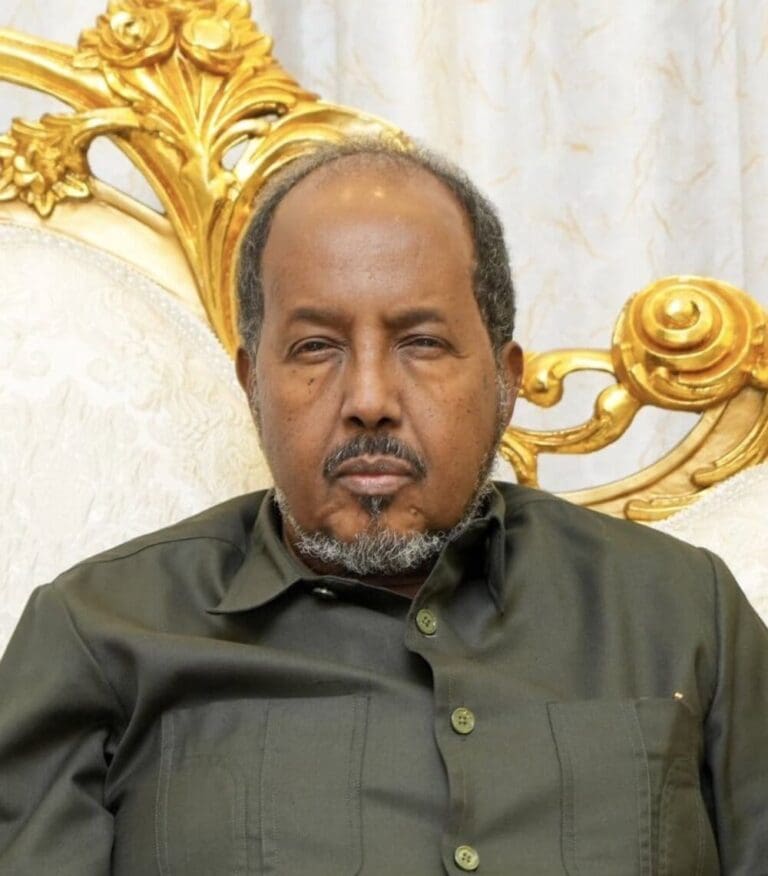A court in the Somali capital Mogadishu on Wednesday issued a warrant for the arrest of Ahmed Madobe on charges including “undermining national unity”.
This came shortly after Madobe was re-elected president of the southern state of Jubaland in an election not recognised by the federal government.
The decision marks a new rise in tensions in the historically stormy relationship between the former warlord, who has held power in the region since 2012, and the government in Mogadishu.
Ahmed Madobe was re-elected for a third term by the Jubaland regional parliament on Monday in a process deemed “illegal” by the central government, which said he was ineligible because he had already served the maximum two terms allowed by the constitution.
On Wednesday, a regional court said it had accepted the request of the country’s attorney general to issue an arrest warrant for Madobe, ordering “the Somali National Police Commander (…) to arrest the accused” and “bring him before the Benadir Regional Court.”
Mr. Madobe is accused of “high treason,” “undermining national unity,” “passing sensitive information to a foreign country,” and “attacking the constitutional framework of Somalia.”
The central government had hoped to postpone Jubaland’s presidential election until 2025 to coincide with its plans to introduce direct universal suffrage throughout the country.
Until now, Somali leaders have been appointed through a complex system of indirect elections by clan chiefs.
Pro-Madobe lawmakers tried to disrupt parliament on Wednesday, but the session continued and approved the creation of an 18-member electoral commission to organize national elections.
Conflict-ridden Somalia is a federation of five semi-autonomous member states – Puntland, Jubaland, Galmudug, Hirshabelle and South West – and a central government based in the capital, Mogadishu.
A sixth region, Somaliland, which has direct suffrage, declared independence in 1991 but is not recognised as such by the international community.
In 2012, Ahmed Madobe, whose real name is Ahmed Mohamed, ousted the radical Islamist Shebab from their stronghold in Kismayo, the main port city and capital of Jubaland, with the help of Kenyan troops.
Neighbouring Kenya and Ethiopia see Jubaland – a lush and relatively prosperous region of Somalia where they have many troops – as a buffer against the al Shabaab militants, who have staged several bloody attacks in their countries.
TE/lb/as/APA with AFP


